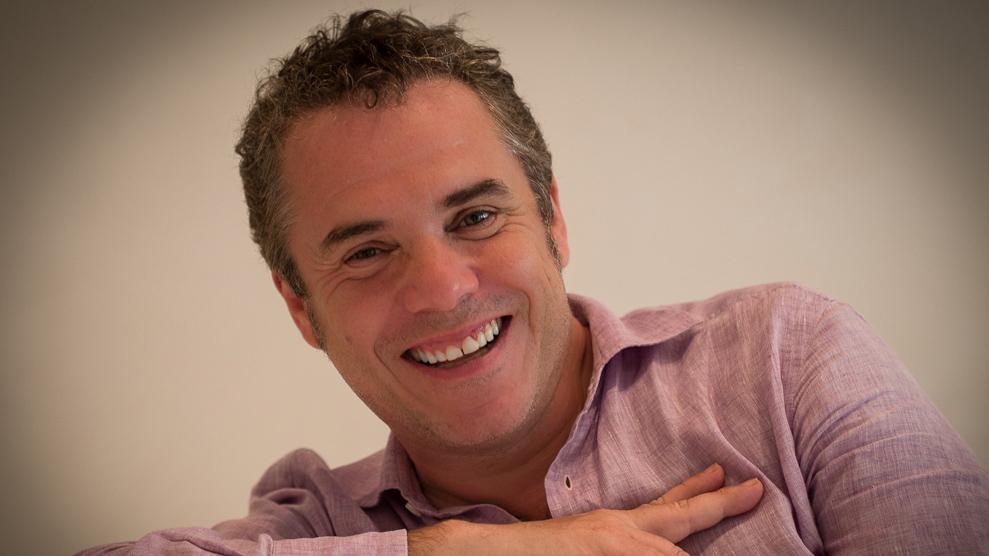Disaster seems to stalk this man
Mark Weingard started the Annika Linden Foundation, which has since been renamed Inspirasia, to assist the victims of the 2002 Bali bombing.
Mark Weingard was born in 1966 in Manchester, England, a year etched in the minds of many a Brit because that’s when England last won the soccer World Cup. Luck hasn't been on their side since, and soccer fans forever hark back to those glory days.
But luck, or shall we say fate, is something which Weingard, now 47 and a millionaire philanthropist, is very much aware of.
When he was 9, his father, a taxi driver, was killed in a car crash at age 36.
It had a profound effect on the young Mark. Both his father’s sister and mother had died young as well, and Weingard spent much of his early years contemplating his own mortality and wondering if he’d live to see 36.
Weingard struggled at school and dropped out of his university. He ended up working in a bank and soon became a trader. But he lost loads of money and instead decided to go into business with a friend on a product for the financial services industry.
He was in his mid 30s, nearing that milestone birthday, when he suddenly found himself at the epicenter of one of the world’s worst ever terrorist atrocities.
It was September 11, 2001.
He had a meeting in the World Trade Center, but when he called ahead to say he was going to be late, staff told him to stay away because a plane had just hit the building. He recalls, "As I turned on the television, the second plane hit the World Trade Center."
Shocked and stunned by the events that day, Weingard decided to give his week’s revenue to charity, his first real philanthropic gesture.
But the worst was still to come.
Thirteen months later, he found himself impacted by another terrorist attack, when the bombings in Bali claimed the life of his fiancée, Annika, who’d been staying there with her best friend, Polly.
He was in Bangkok at the time and flew to search for Annika, but it soon became clear she hadn’t survived.
"I went up to loads of the press and said 'can you help me find my girlfriend' or whatever … and I remember I was with one of the BBC journalists and he followed me around," Weingard says. "About halfway through the day, I turned around and said 'look, we're not going to find her alive, do you mind leaving me alone now.'"
The death of Annika spurred Weingard on to do something in her memory and he launched the Annika Linden Foundation to help children of the bombing victims.
But fate had one more challenge for Weingard. He found himself at the center of the Asian tsunami in 2004.
"I'd been in my house in Phuket," Weingard says. "We'd had a night out celebrating and I woke up in the morning … thinking, oh, the sea sounds really close today, oh, it sounds really close. I looked out the window and all I could see was the waves coming towards my house. Just slowly coming in towards us, almost like some strange nightmare you’re expecting to wake up from."
He managed to survive the tsunami, but took a month off work to help with the relief effort.
So, given so many close shaves with death, is Weingard the luckiest or unluckiest man alive?
"I think I'm a very lucky person, honestly," he says. "I feel I'm very lucky. I've wonderful friends, a wonderful family, and I'm a happy person. At the same time, I have survived many things, but I've been very lucky. I feel that luck, and I need to use that luck."
Weingard now uses his success as a businessman and entrepreneur to work on philanthropic projects, mainly in Asia where his Inspirasia Foundation specialises in education and helping people with disabilities.
